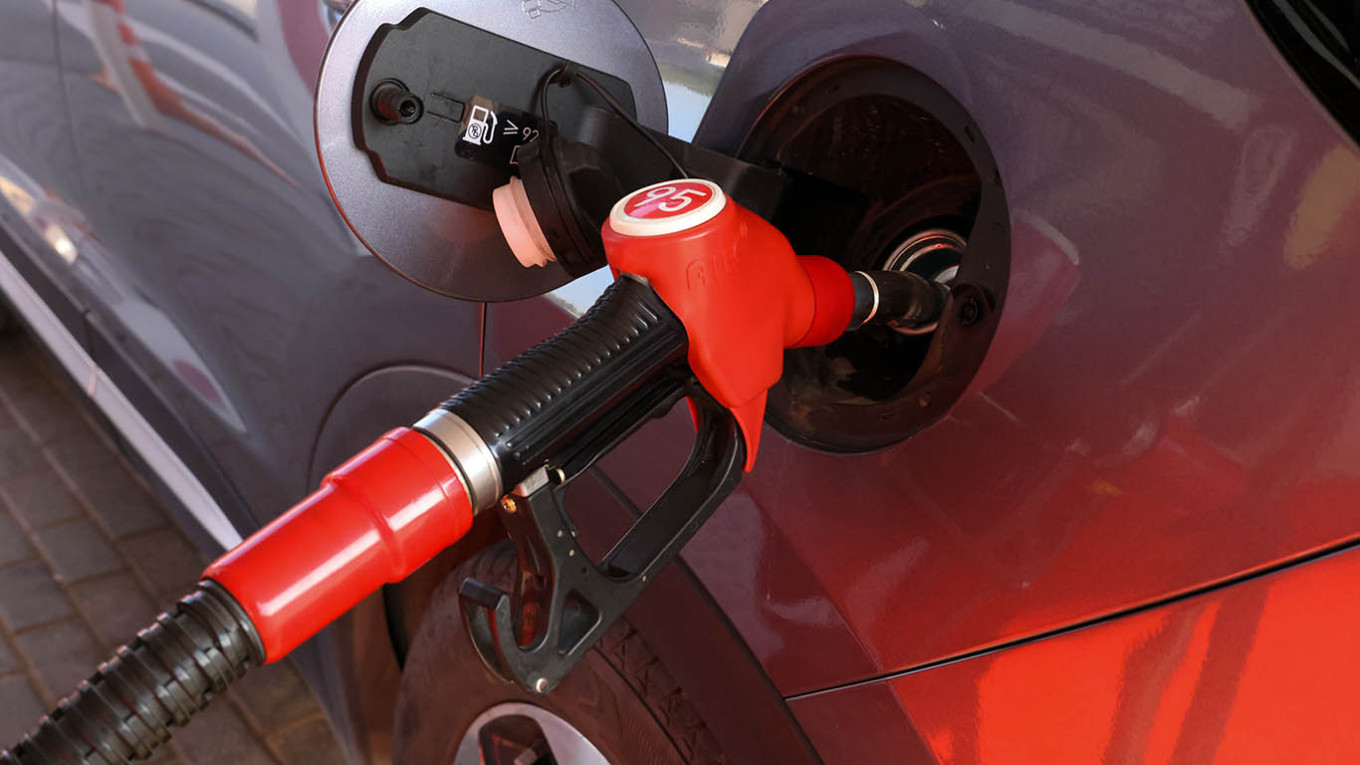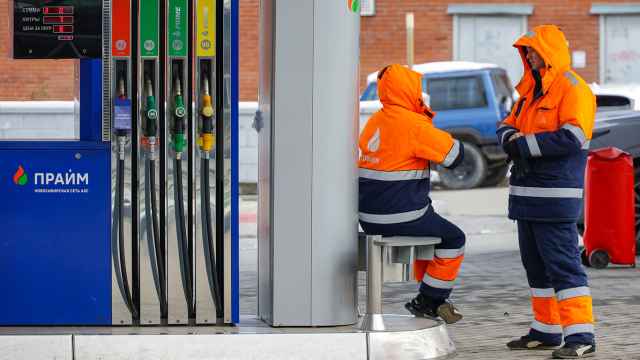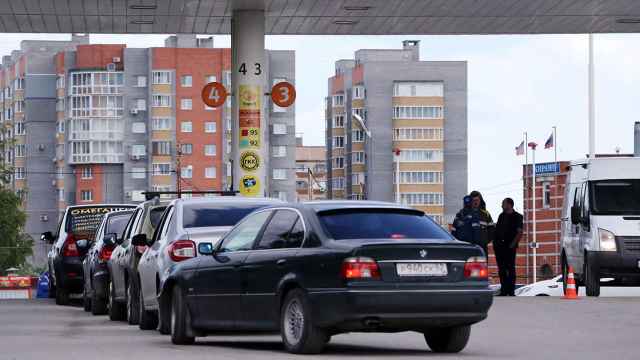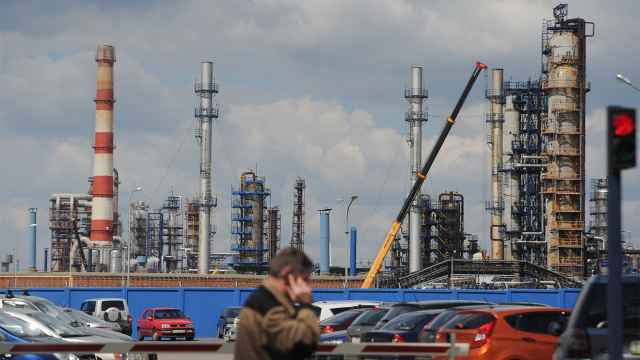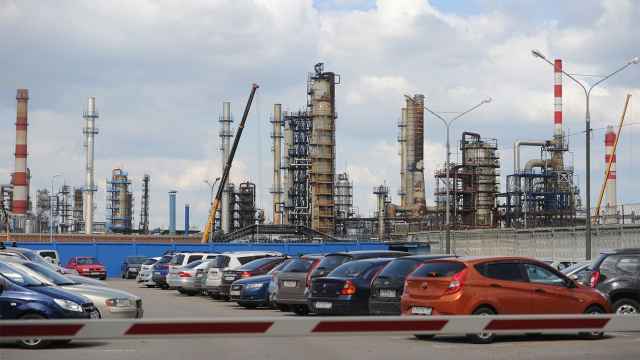Wholesale gasoline prices in Russia climbed to record highs this week, driven by a wave of Ukrainian strikes on Russian refineries that has coincided with peak demand during the holiday and harvest seasons.
According to data from the St. Petersburg International Mercantile Exchange, the country’s main commodity exchange, the price of AI-95, a type of unleaded motor fuel that is standard at gas stations across Russia, reached a historic high of 82,380 rubles ($1,000) per ton on Wednesday. Although the price dipped slightly by 1.33% on Thursday, it remained near its peak.
The price surge, which began earlier this summer, has seen wholesale costs soar by over 50% since January. Experts have largely attributed the increase to an uptick in Ukrainian attacks that have damaged refineries and forced major facilities offline, thereby tightening supplies.
In response, the government imposed a temporary ban on gasoline exports for August and September and is now considering an extension through October.
According to the business newspaper Kommersant, oil companies may have abandoned their practice of holding down prices last month because they expect the government to retroactively adjust the “fuel damper” subsidy mechanism. The damper compensates producers for selling fuel cheaply at home instead of exporting it, but firms normally risk losing payouts if domestic prices rise too far.
Sources told the newspaper that officials plan to widen the permitted gap between domestic and export prices, which would allow companies to keep receiving subsidies despite the surge.
On Wednesday, Russia’s Energy Ministry reportedly convened to discuss further stabilization measures. Options said to be under consideration include requesting that oil companies divert additional volumes of diesel from export pipelines to the domestic market and encouraging traders to purchase fuel in a more consistent manner to qualify for discounts from suppliers.
Energy Minister Sergei Tsivilev said oil companies have also adjusted their refinery repair schedules to avoid periods of peak demand, an attempt to mitigate the ongoing supply crunch.
A Message from The Moscow Times:
Dear readers,
We are facing unprecedented challenges. Russia's Prosecutor General's Office has designated The Moscow Times as an "undesirable" organization, criminalizing our work and putting our staff at risk of prosecution. This follows our earlier unjust labeling as a "foreign agent."
These actions are direct attempts to silence independent journalism in Russia. The authorities claim our work "discredits the decisions of the Russian leadership." We see things differently: we strive to provide accurate, unbiased reporting on Russia.
We, the journalists of The Moscow Times, refuse to be silenced. But to continue our work, we need your help.
Your support, no matter how small, makes a world of difference. If you can, please support us monthly starting from just $2. It's quick to set up, and every contribution makes a significant impact.
By supporting The Moscow Times, you're defending open, independent journalism in the face of repression. Thank you for standing with us.
Remind me later.


